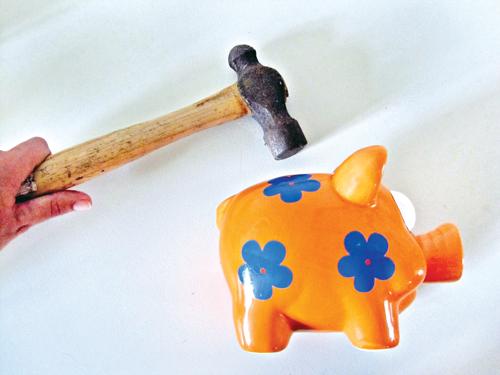Cut costs on investments – Phuket Finance

PHUKET: If you are like many expatriates living in Phuket, you have probably failed to realize the impact trading or investment fees can have on your portfolio’s return, as such costs are often hidden and can quickly add up over time.
In a rising market, these costs may not be so noticeable; but in a stagnant or falling stock market, they may quickly become very apparent. With that in mind, here are a few ways you can cut your investment costs in order to boost your investment returns:
Consider all investing costs
Trading is only one investment cost you must deal with and even trading fees can vary considerably as some investment products come with large front-end or back-end loads or both.
Other fees you might encounter when investing include annual fund expenses, custodian/account fees, advisory fees, forex transaction charges and bid ask spreads, with the later being particularly hard to evaluate as a lousy spread can quickly increase your trading costs.
Remember, there are some investment fees that can’t be avoided, but there are also plenty of other fees that can be minimized or completely avoided – so long as you are made aware of them before you invest. That’s why it’s critical for your financial advisor to be transparent about ALL of your fees. If he or she isn’t being completely transparent, then find someone who is.
Invest in ETFs rather than expat target products
Many ETFs have no extra commissions beyond normal transaction costs and have average annual expenses of just 0.49% while the average stock mutual fund will cost investors around 1.57% in annual fees.
However, many managed fund or offshore investment products targeted for expats come with high up-front fees (often 5% or more), annual fees of around 2% and a sales commission when they are sold. When these high fees are combined with taxes, inflation and currency fluctuations, you might be left with little to no return at all on your money.
Buy and hold rather than trade
Even if you are investing in low cost products like ETFs with a discount broker, the best way to reward your broker rather than yourself is to trade frequently as trading will generate them commissions. You should only trade when changes in your personal situation, market conditions or the value of an investment calls for changes in your portfolio’s investment allocation.
Otherwise, a general portfolio review each quarter and around the beginning of the year should be sufficient for making necessary portfolio adjustments. I often get calls to review expat portfolios. One common problem I see is advisors that buy and sell often because they get a commission. Be careful of this and ask your financial advisor to list all fees and commissions.
Limit forex transactions
As with frequent trading, moving in and out of currencies can be both costly and unnecessary. Ideally, you should use the currency of the country or countries you hold citizenship of as a base currency for your investments and invest only in products that transact in your base currency (e.g. for Americans, an ETF listed on the NYSE) to gain exposure to other currencies or markets.
Consolidate your accounts
While having multiple financial accounts may seem like a good way to spread your financial risk around, it likely means you won’t have economies of scale with any single financial institution. After all, the larger your account balance is with one financial institution, the more interested they will be in servicing your account and keeping you happy as a client by offering lower investment and trading fees. They may also be able to offer you investment products not available to clients with lower account balances.
Investing isn’t free, but you can drive expenses down to a reasonable level, including personalized one-on-one investment advice. Cutting the fees you pay puts a lot more wealth in your pocket over the years. Call me to discuss ways you can save for retirement or if you have questions related to eliminating unnecessary fees.
Don Freeman is president of Freeman Capital Management, a Registered Investment Advisor with the US Securities Exchange Commission (SEC), based in Phuket, Thailand. He has over 15 years experience and provides personal financial planning and wealth management to expatriates. Specializing in UK and US pension transfers. Call 089-970-5795 or email: freemancapital@gmail.com.
Keep checking the Gazette’s business pages for the latest local and national business news updates affecting Phuket and Thailand. Alternatively, join our Facebook fan page or follow us on Twitter.
— Don Freeman
Latest Thailand News
Follow The Thaiger on Google News:


























